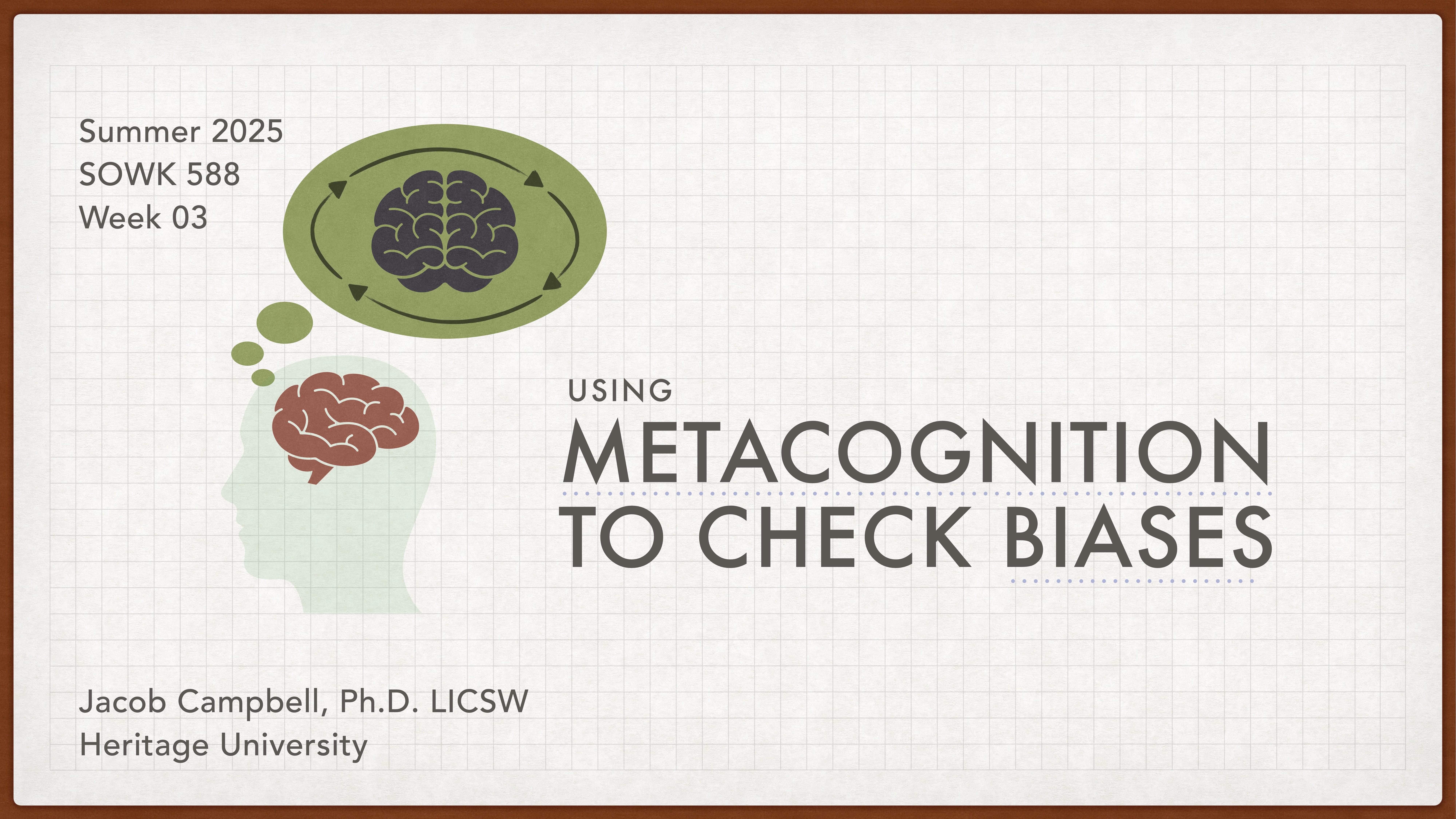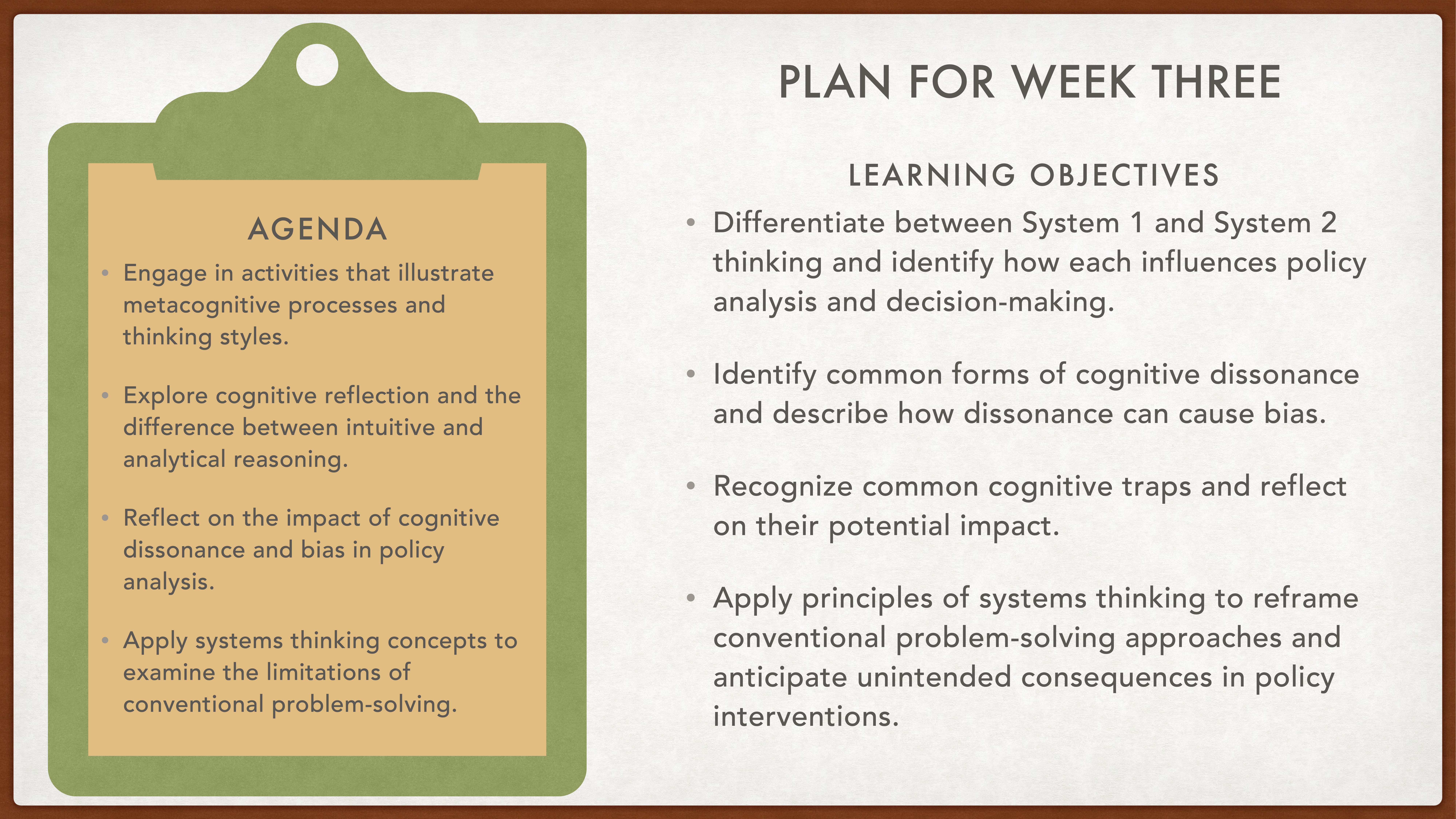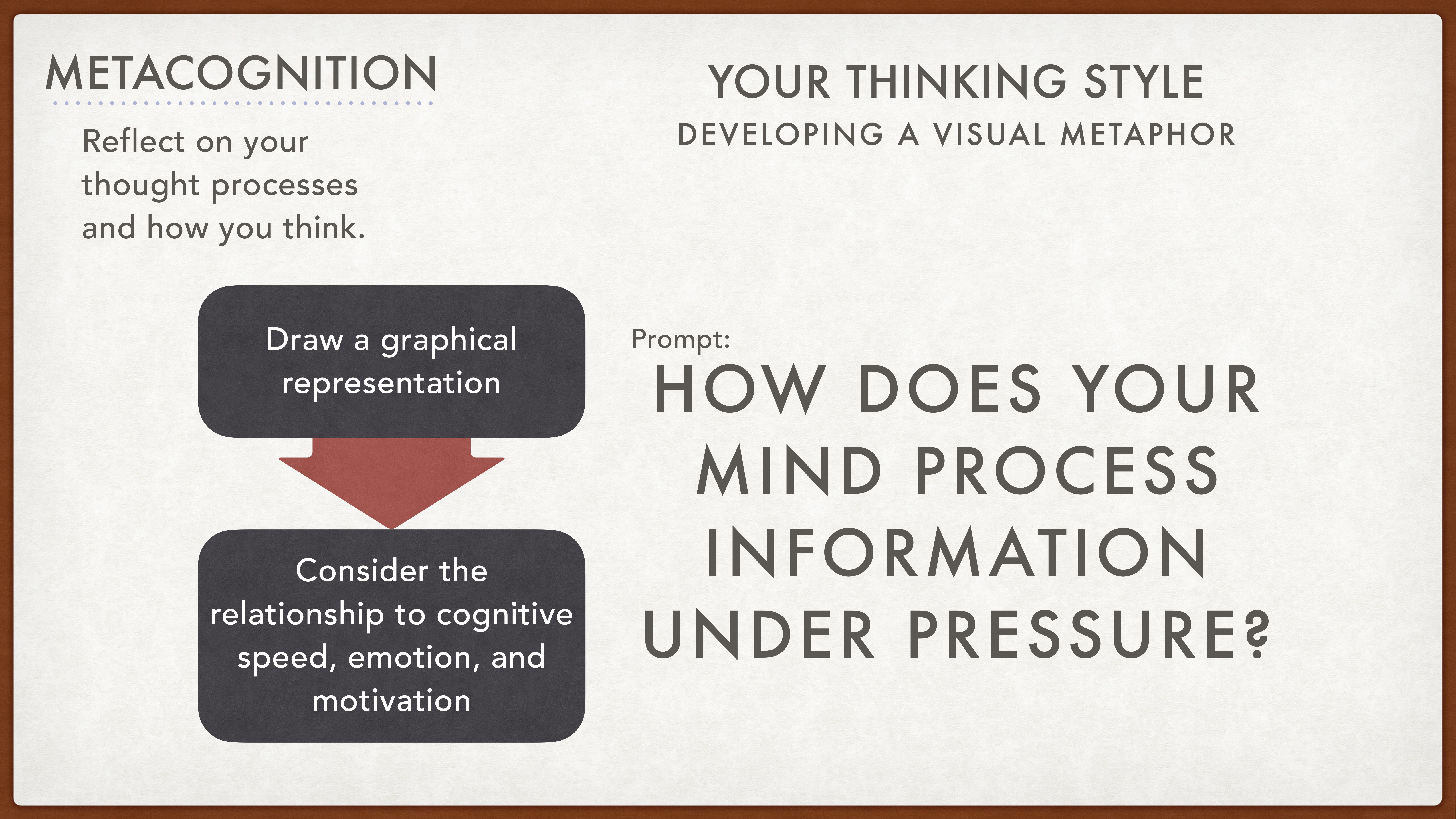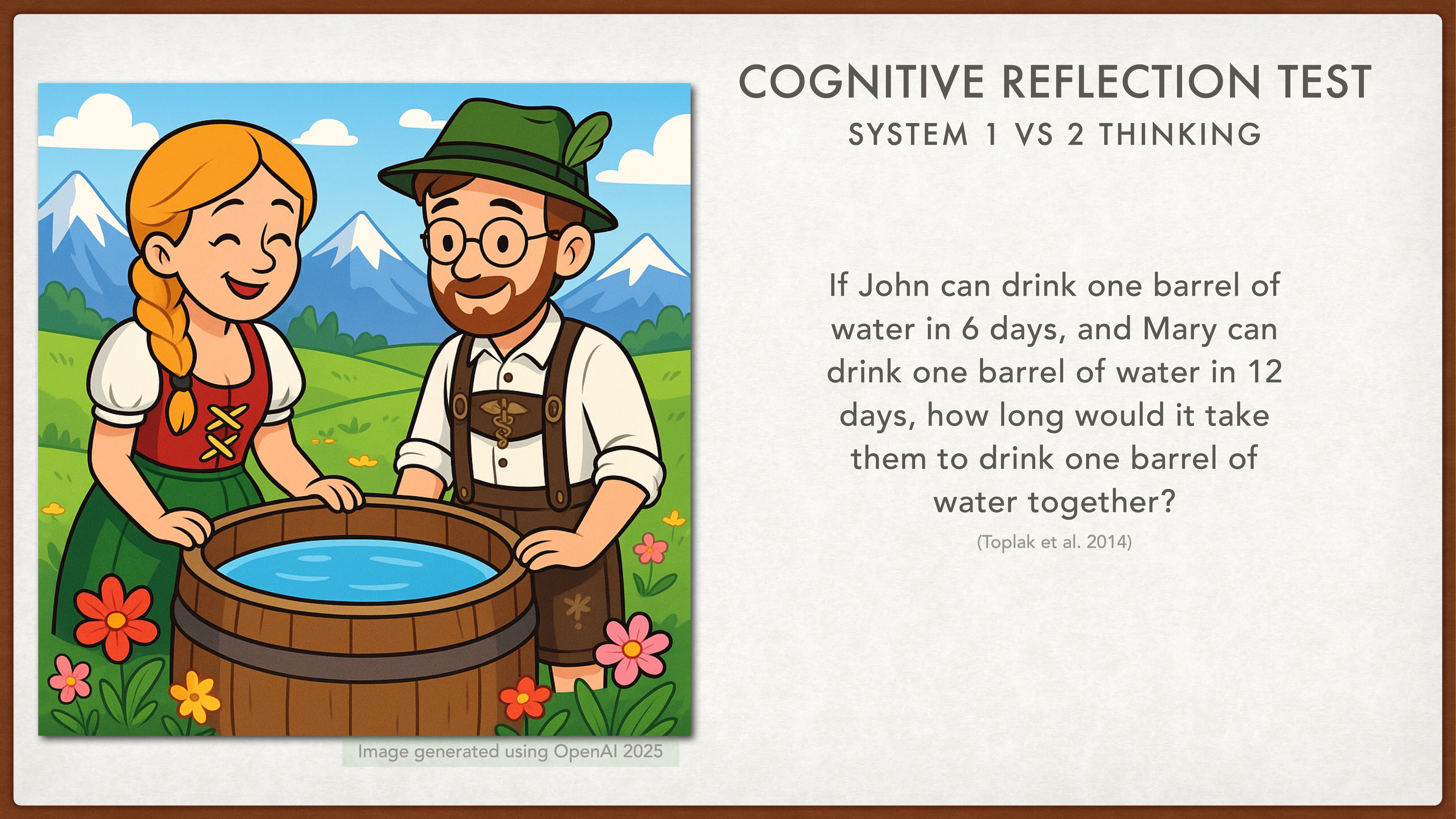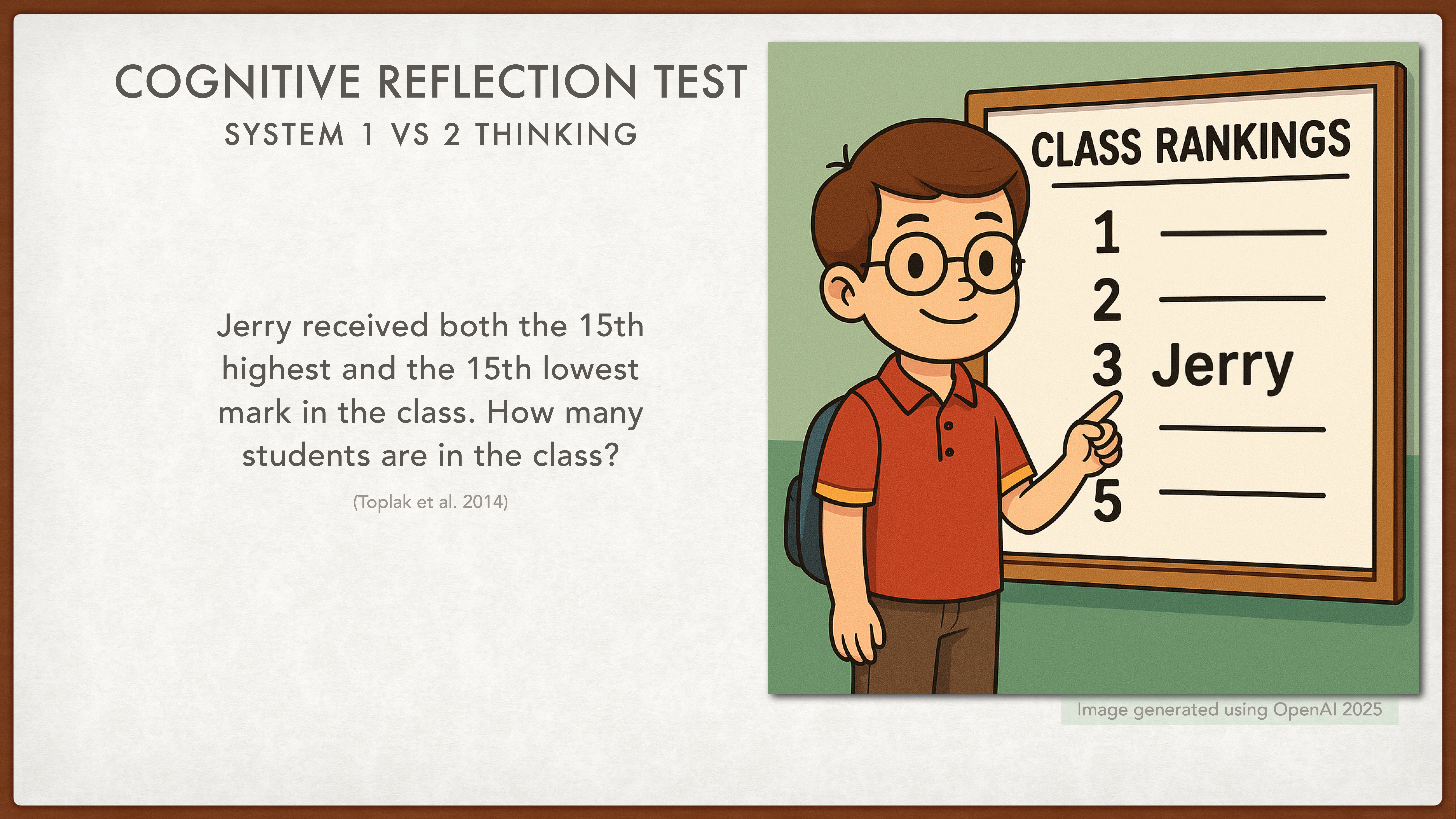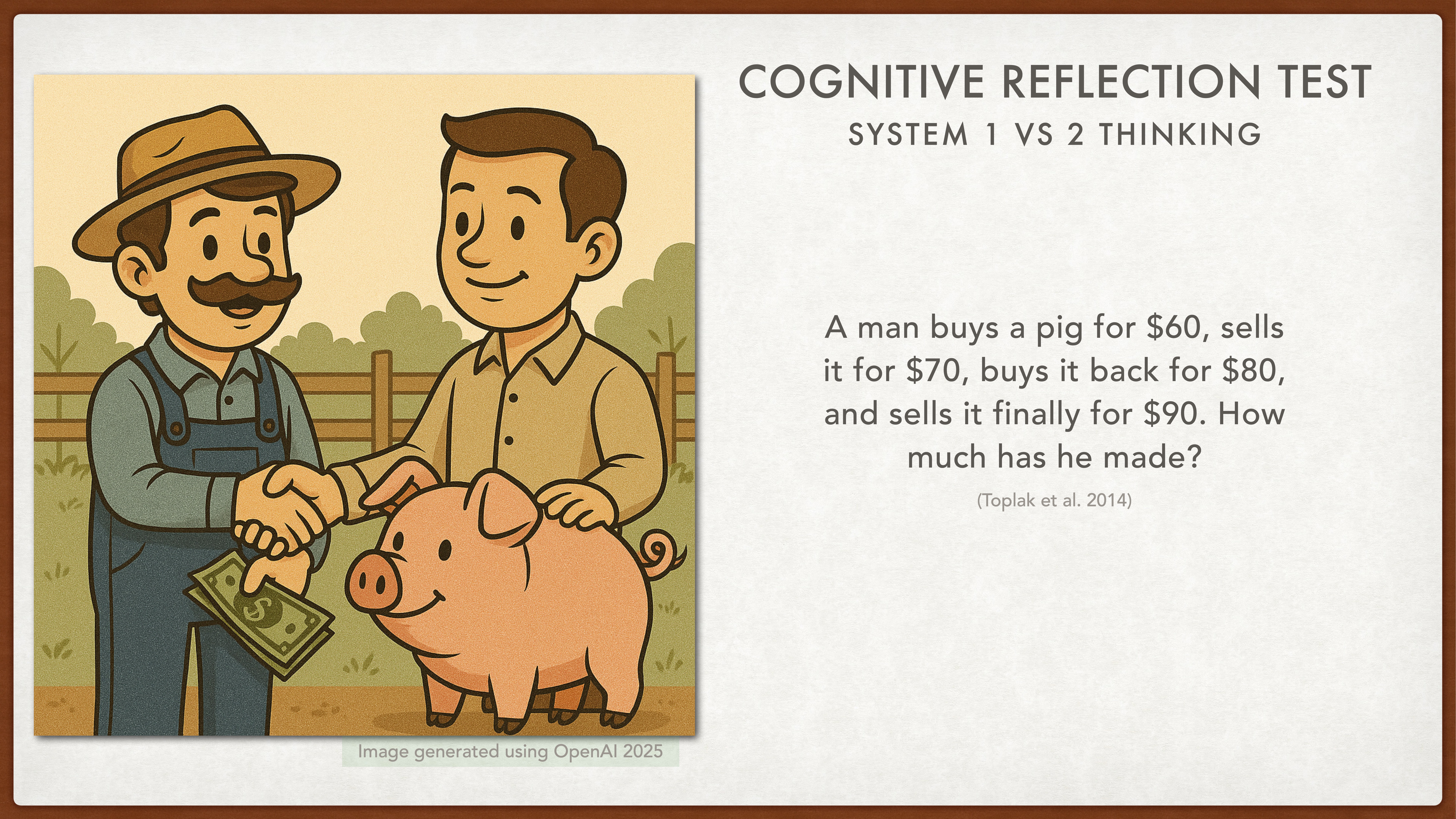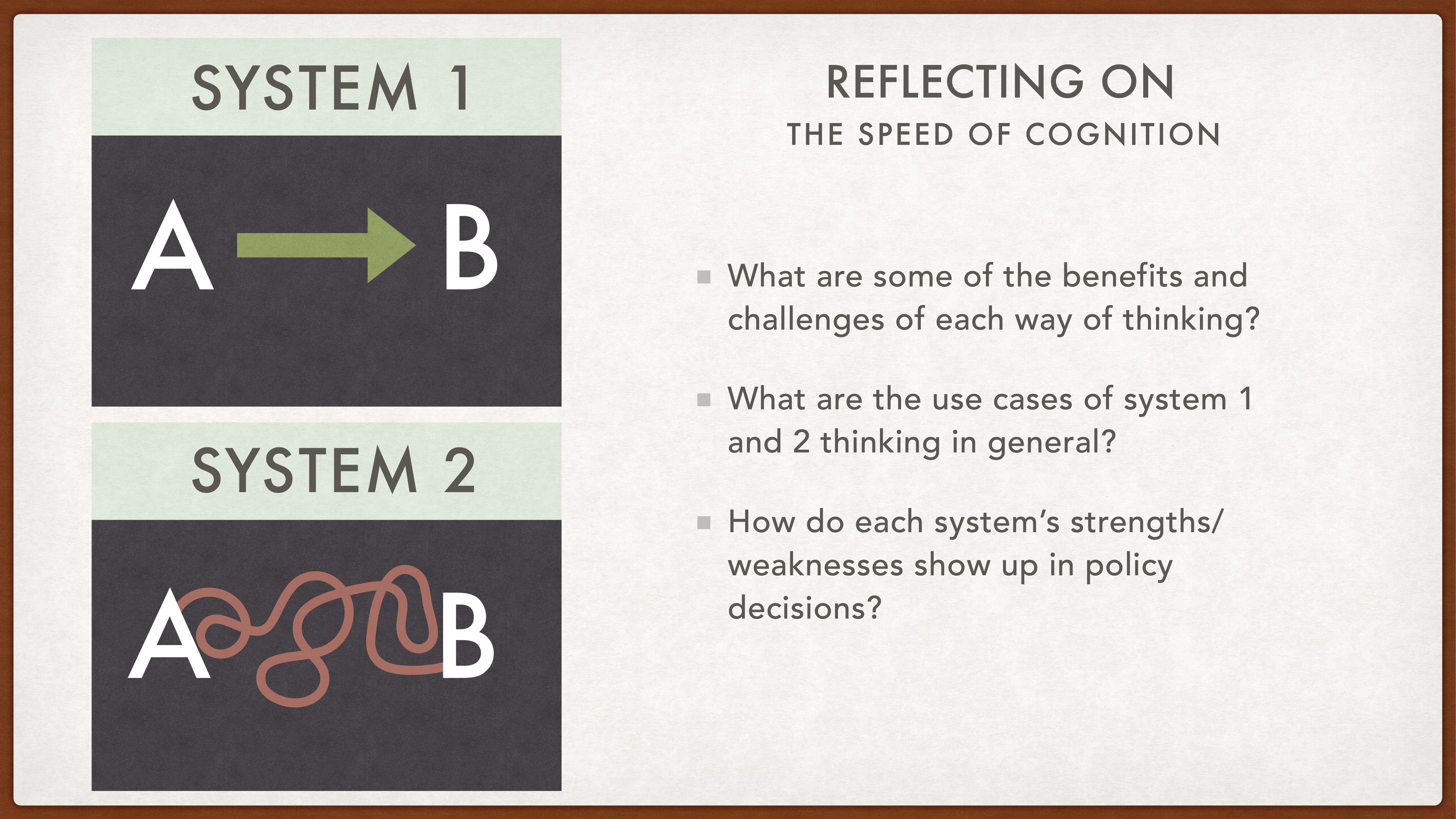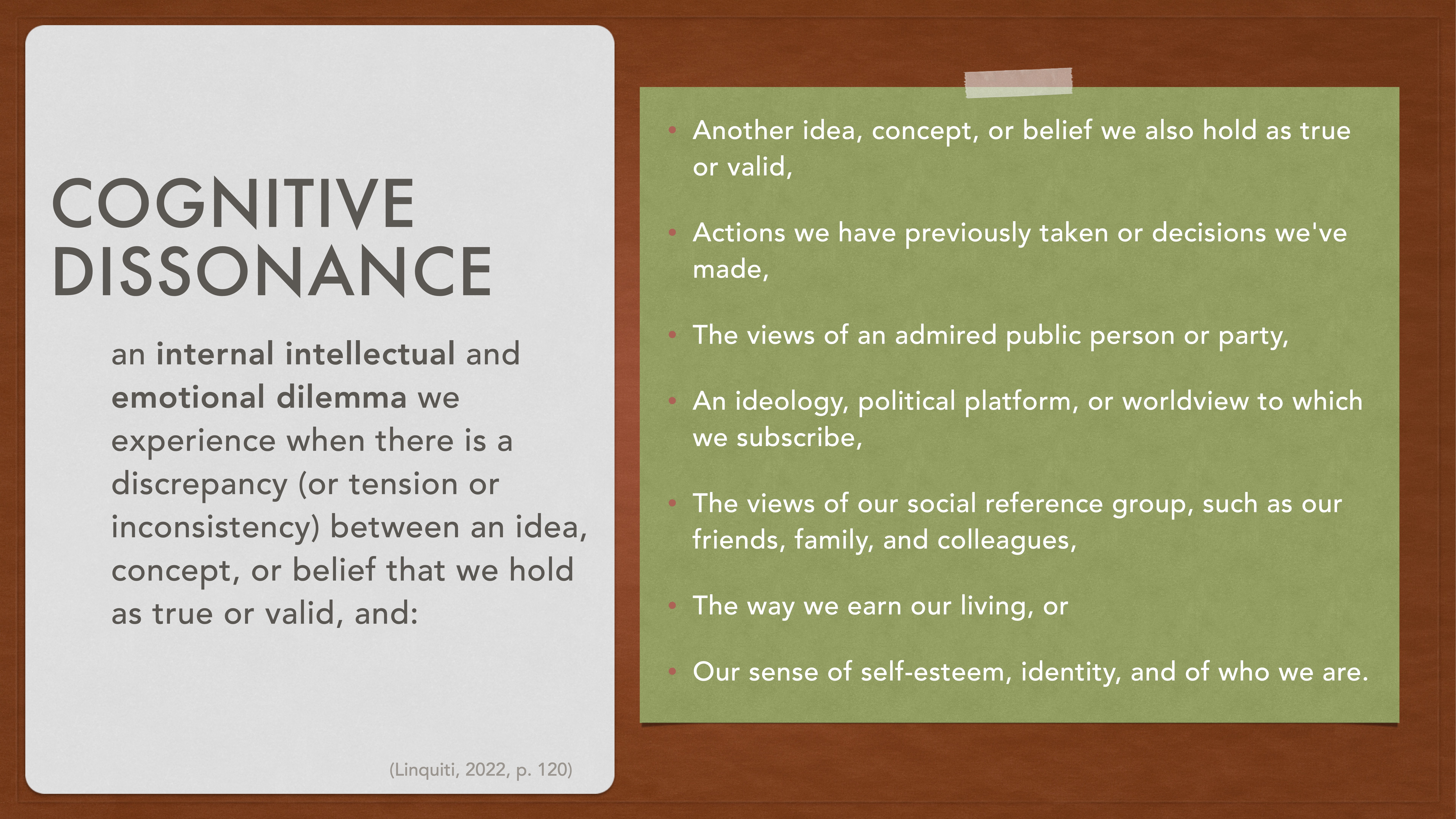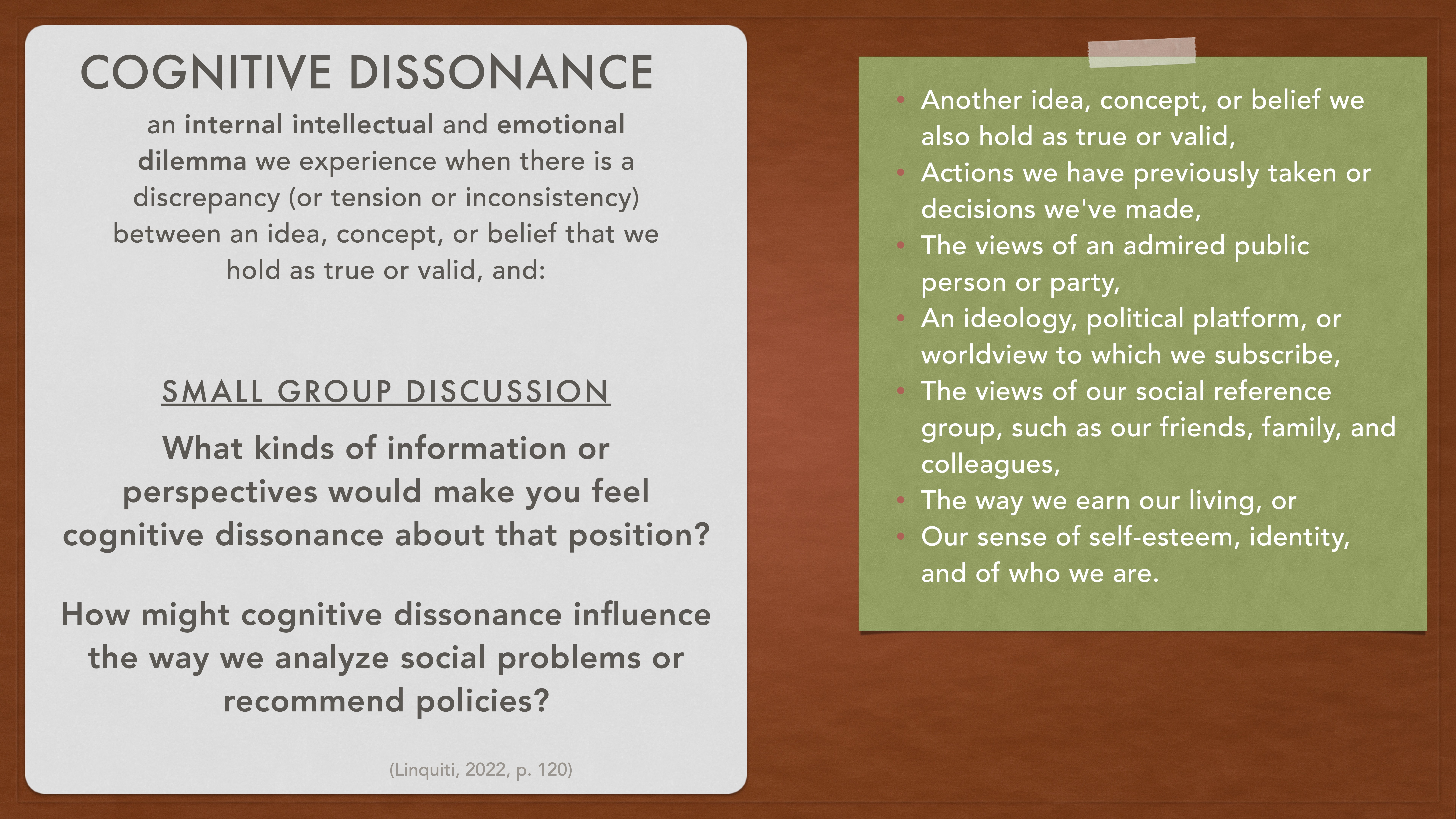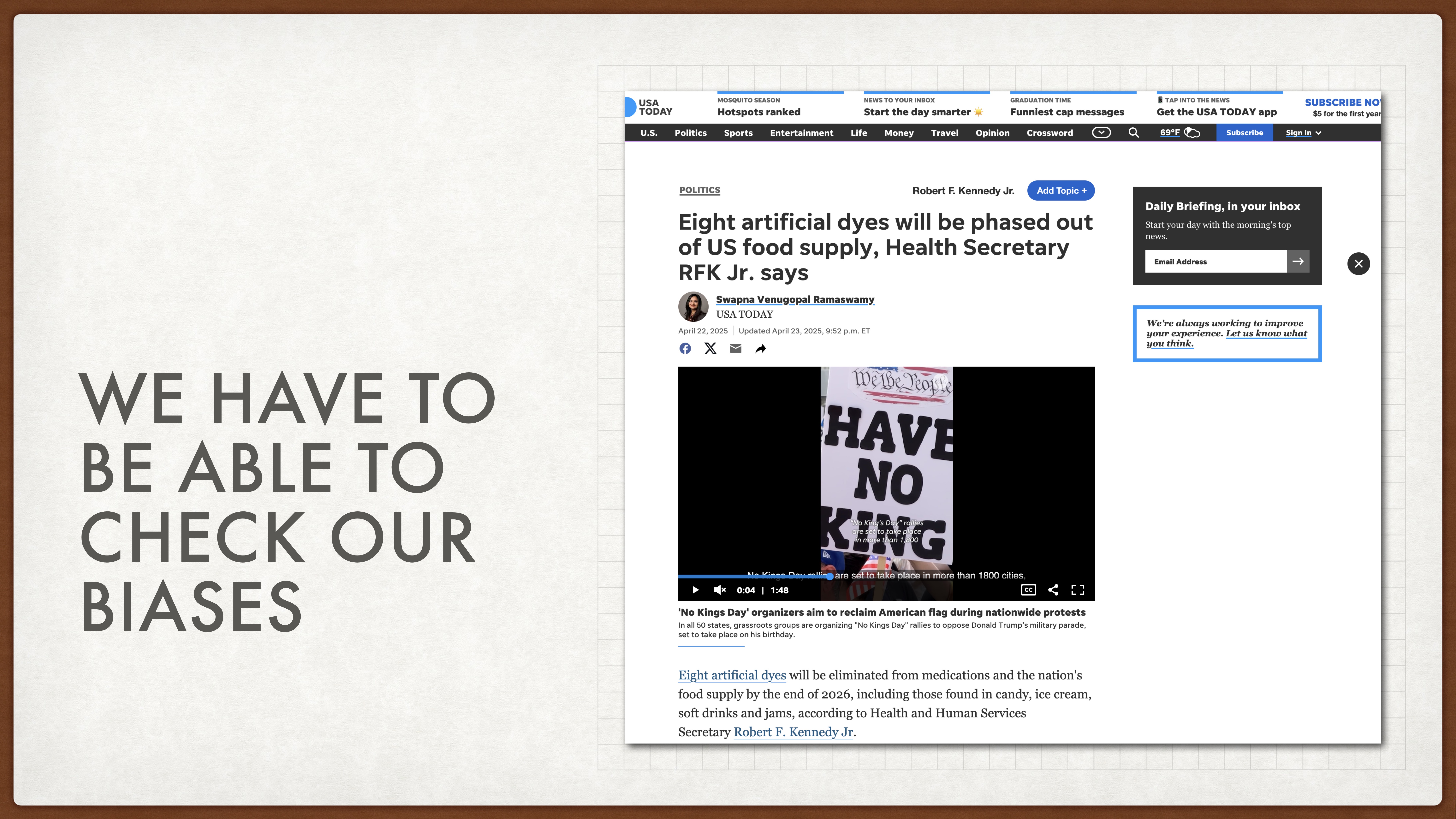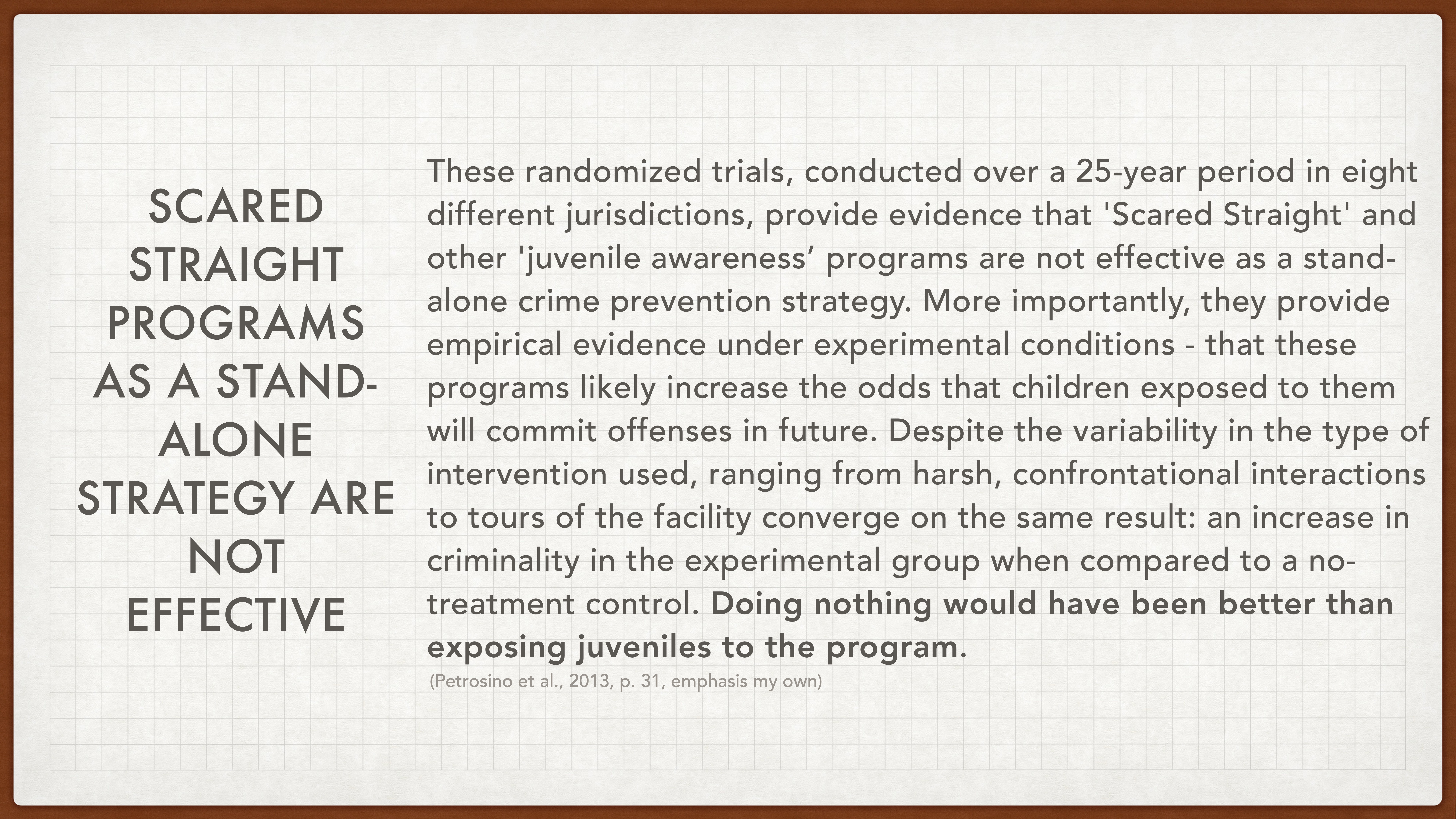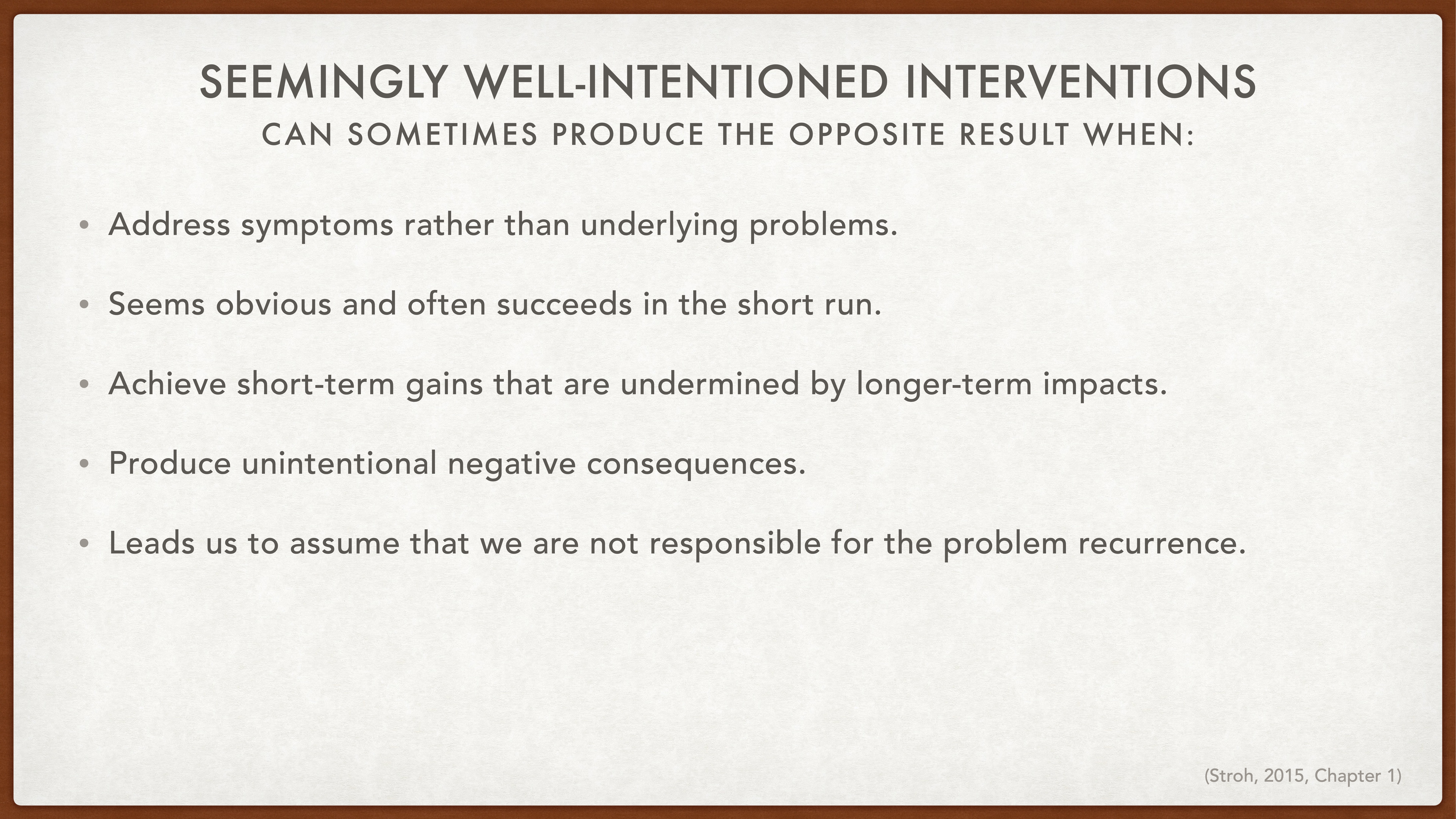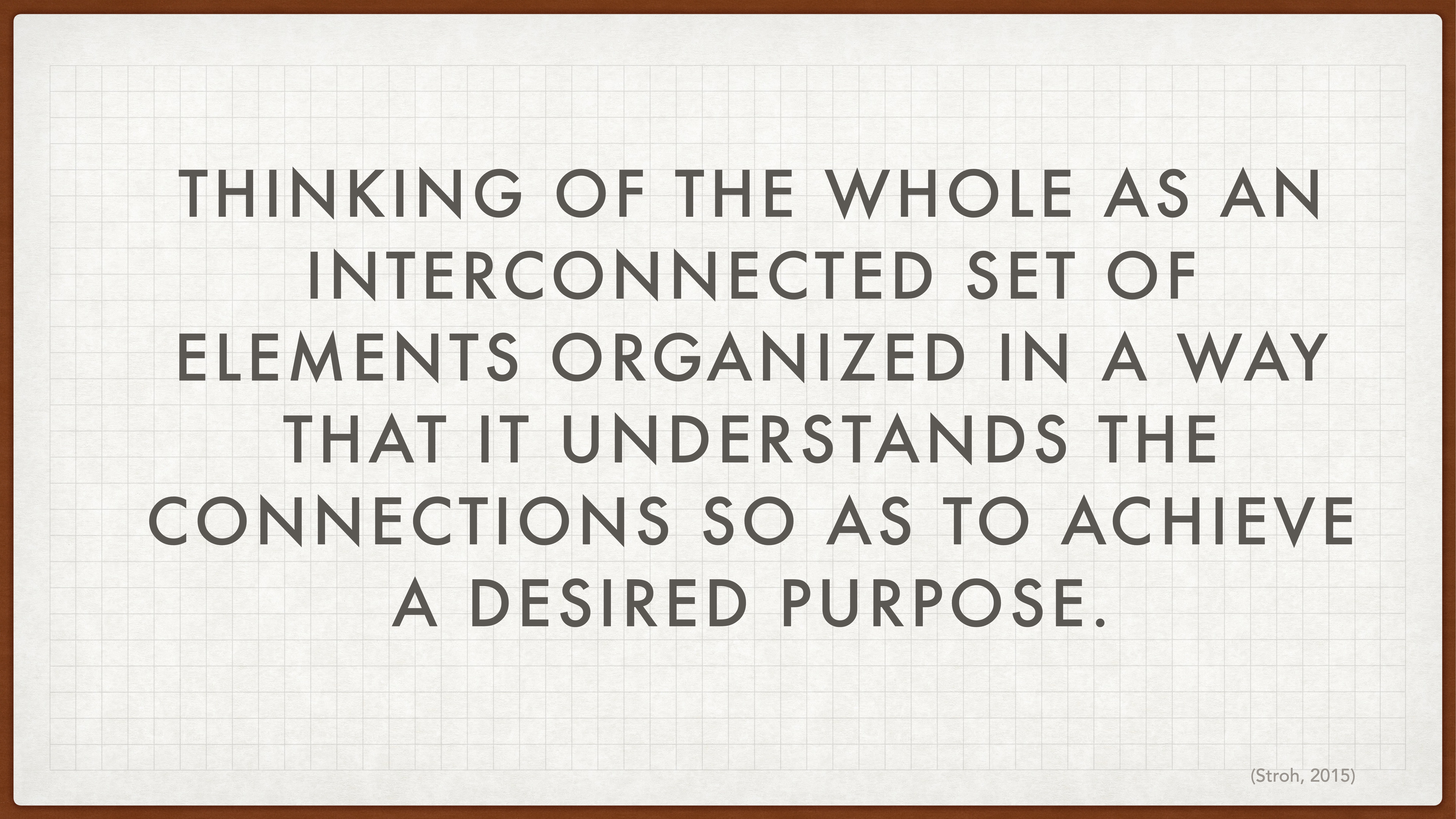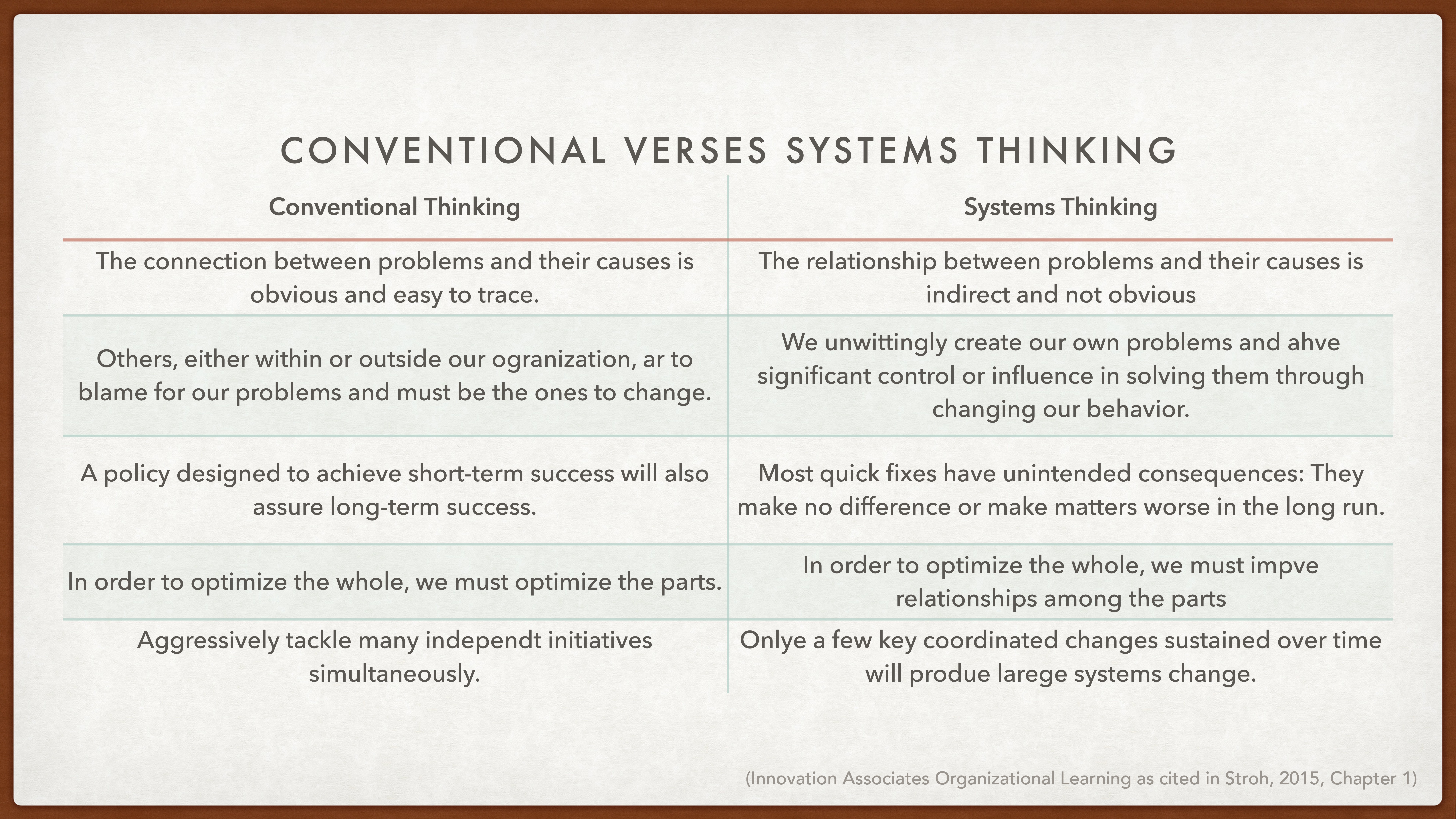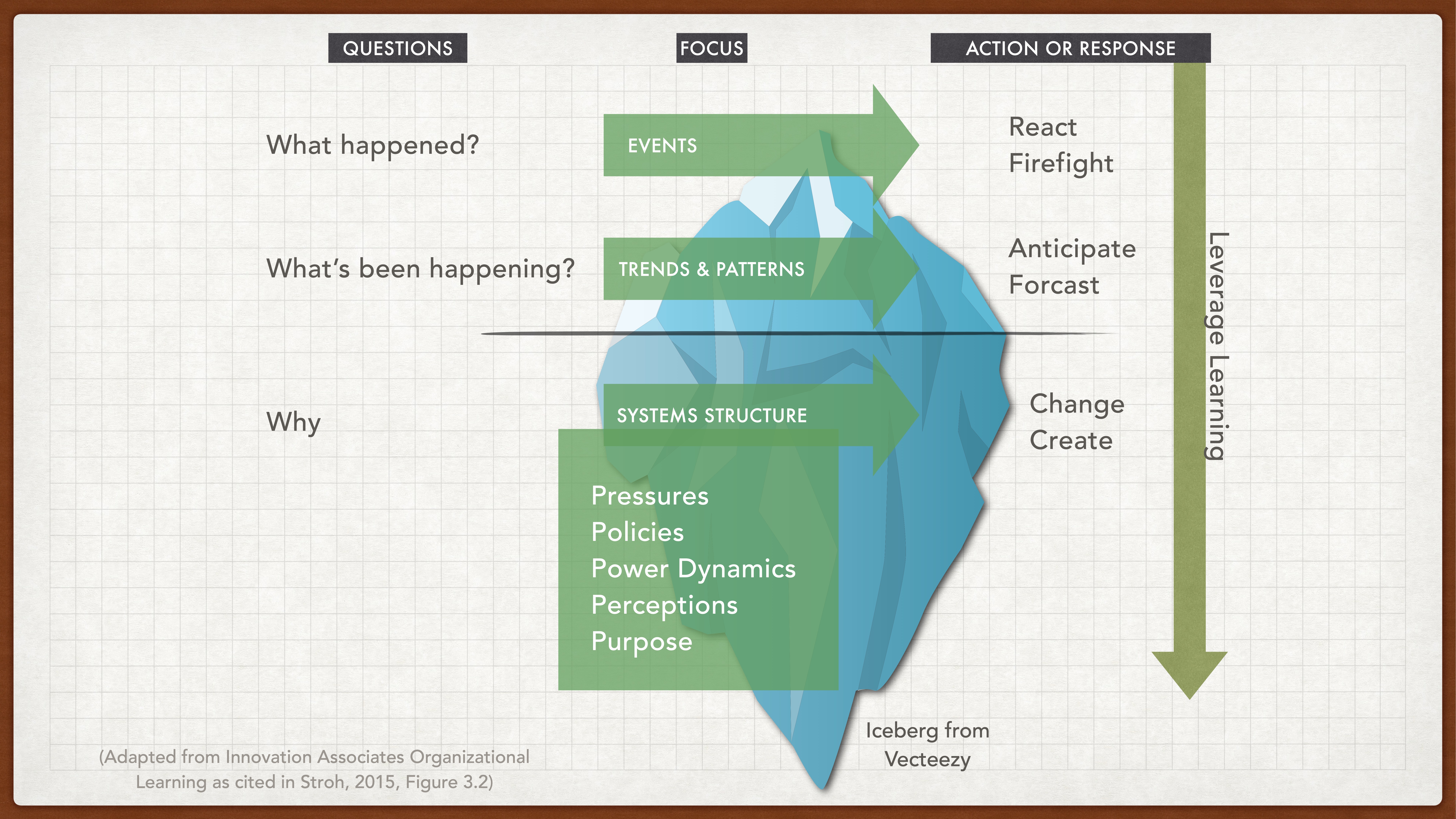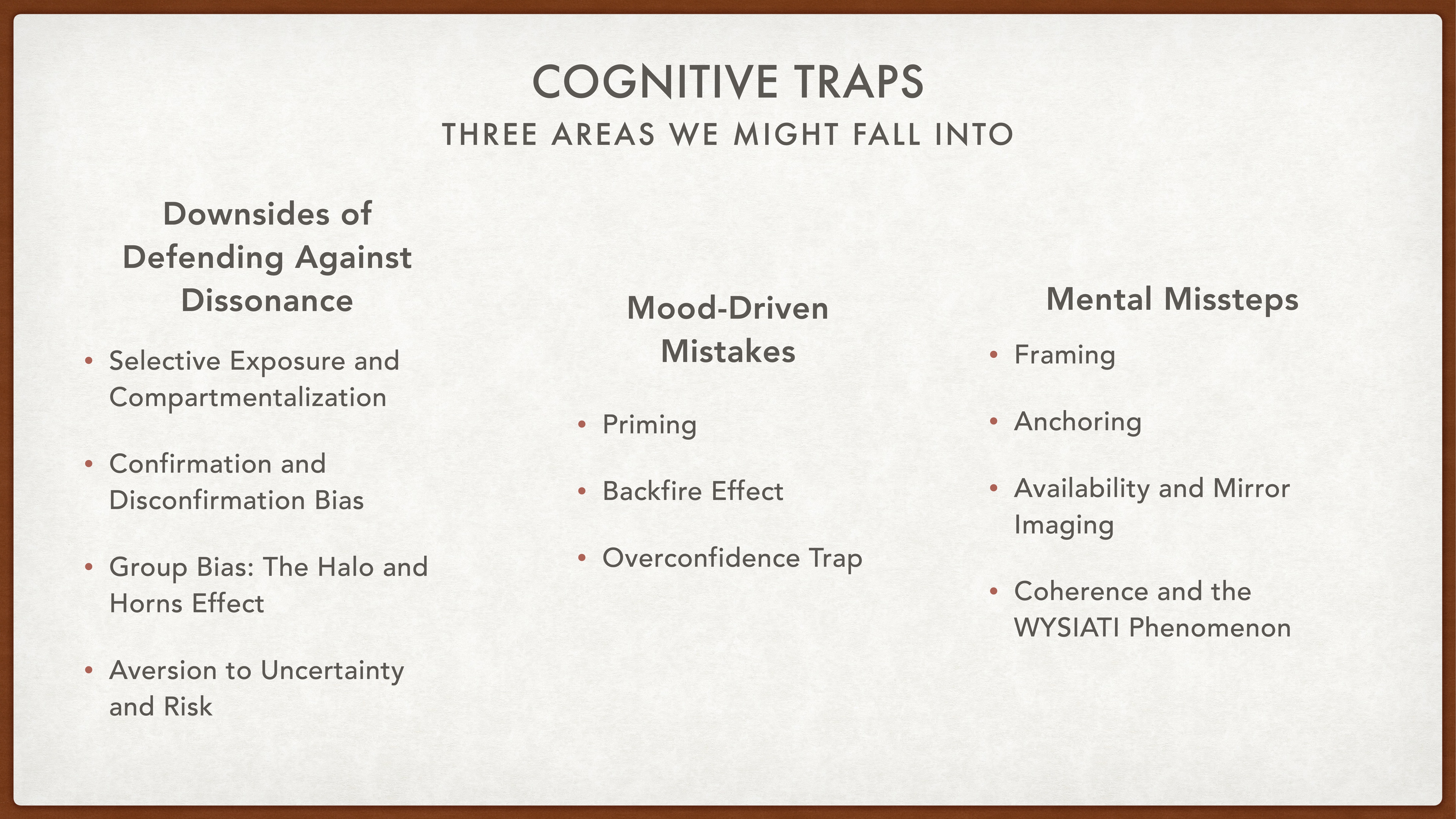Summer 2025 SOWK 588 Week 03 - Using Metacognition to Check Biases
A presentation at Heritage University in June 2025 by Jacob Campbell and is tagged with Heritage University, MSW Program, SOWK 588
Description
Week three is a synchronous class week, with class taking place on Saturday (06/14/25). In reading Edin and Shaefer (2016), students will have the opportunity to learn about the challenges faced by those who live on $2 per day, and there will be a forum for them to relate to rural and migrant communities. In Linquiti (2022), he focuses on understanding cognitive dissonance and its effect on biases. There are forums for students to consider their way of thinking and reflect on the textbook content. During class we will continue to consider thinking styles and biases. Students will also be introduced to system thinking. The agenda for the in-person class includes:
- Engage in activities that illustrate metacognitive processes and thinking styles.
- Explore cognitive reflection and the difference between intuitive and analytical reasoning.
- Reflect on the impact of cognitive dissonance and bias in policy analysis.
- Apply systems thinking concepts to examine the limitations of conventional problem-solving.
The learning objectives this week include:
- Differentiate between System 1 and System 2 thinking and identify how each influences policy analysis and decision-making.
- Identify common forms of cognitive dissonance and describe how dissonance can cause bias.
- Recognize common cognitive traps and reflect on their potential impact.
- Apply principles of systems thinking to reframe conventional problem-solving approaches and anticipate unintended consequences in policy interventions.
- Share relevant experiences and challenges faced by people in our community.
- Engage in critical thinking related to our thinking styles.
- Define cognitive dissonance and describe how trying to avoid it may create bias in policy analysis.
- Explain how the speed of cognition, the nature of an analyst’s motivating objective, and the affective content of cognition can have adverse impacts on the quality of policy analysis.
